QuickBooks® Accounts Receivables Aging
The Best Solution for Payment Processing in QuickBooks®
Today Payments is an Authorized Developer of Intuit offering a highly robust app that supports both QuickBooks’ desktop and online customers, provide merchants with the tools they need so they can focus more time on their customers and businesses, and less time on data entry.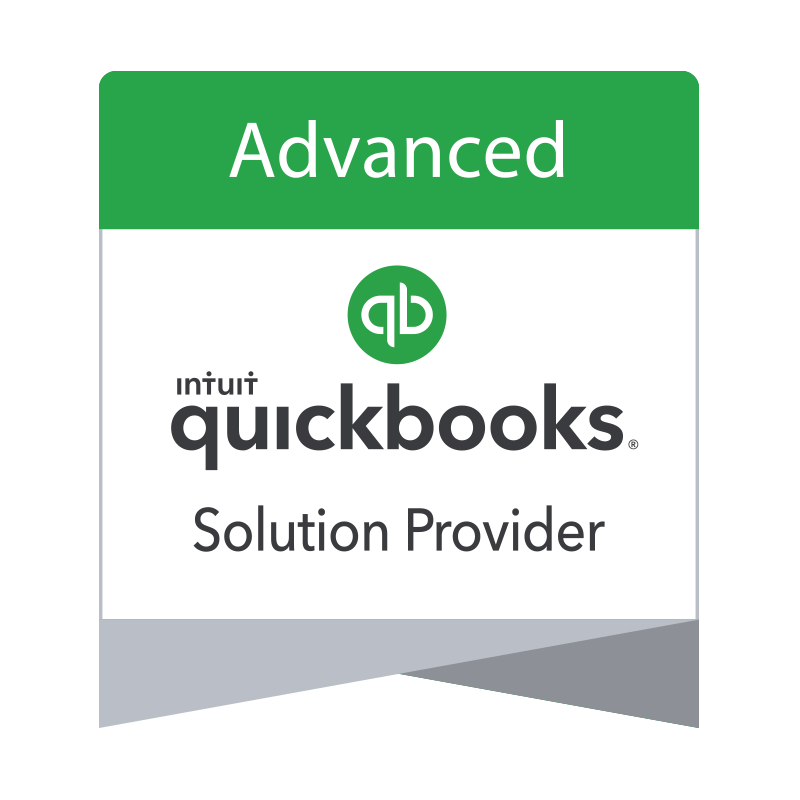 "Our Integrated payment solutions can save a typical small business owner more than 180 hours each year"
"Our Integrated payment solutions can save a typical small business owner more than 180 hours each year"See
the features
QuickBooks® ACH, Cards, FedNow and Real-Time Payments
- Payment processing for all QuickBooks desktop, Pro, Premier, Enterprise and also QBO QuickBooks Online Our software is designed for simplicity and ease-of-use.
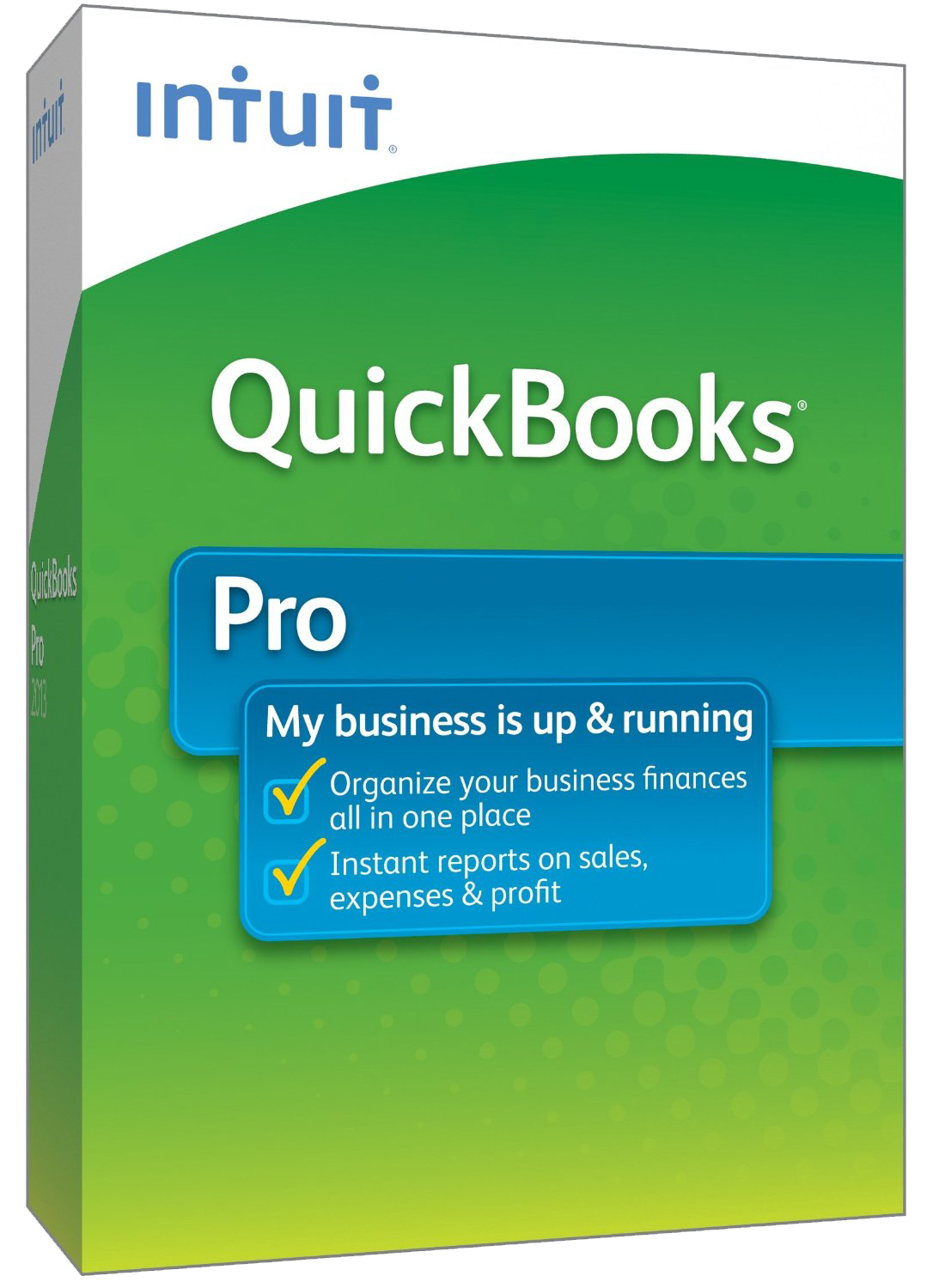
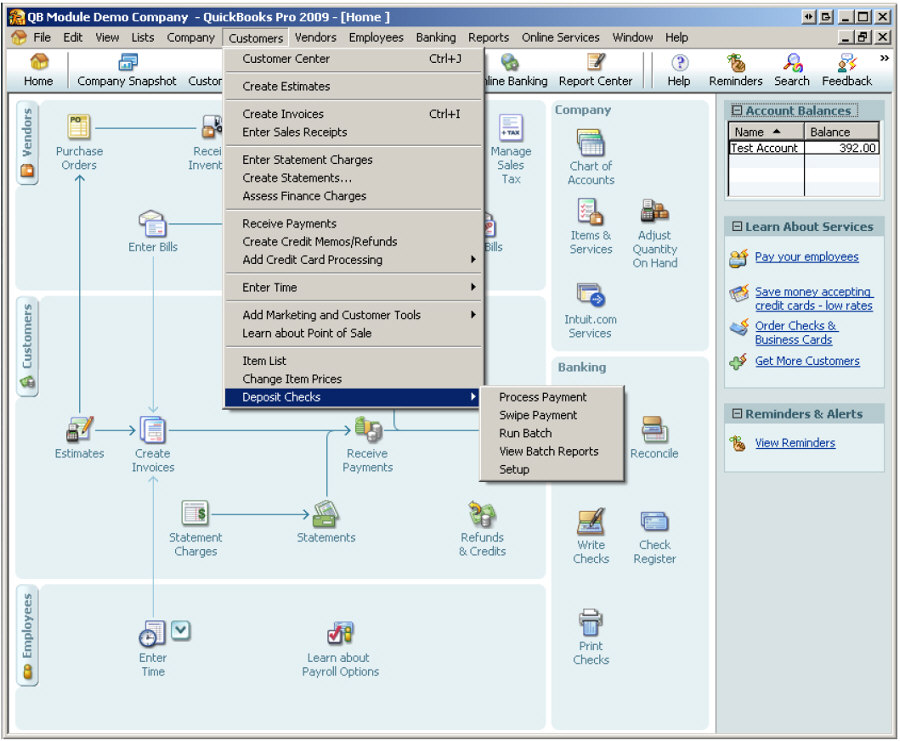
- ~ Automate Account Receivable Collection
- ~ Automate Account Payable Payments
- ~ One-time and Recurring Debits / Credits
Secure QB Plugin payment processing through QuickBooks ® specializes in the origination of moving money electronically.
Ask about our special:
Request for Payments
QuickBooks Online (QBO) is accounting
software that provides a dedicated platform for managing accounts
receivable. While you can use Excel for basic analysis, QuickBooks
Online itself has built-in features for generating Accounts Receivable
Aging reports. Here's how you can use QuickBooks Online for determining
Accounts Receivable Aging:
- Log in to QuickBooks Online:
- Access your QuickBooks Online
account.
- Navigate to Reports:
- In the left navigation bar, click on
"Reports."
- Search for Accounts Receivable Aging
Report:
- In the search bar, type "Accounts
Receivable Aging" and select the appropriate report from the
search results.
- Customize the Report:
- Once you open the report, you can
customize it based on your preferences. You may choose the date
range, aging periods (current, 1-30 days, 31-60 days, 61-90
days, over 90 days), and other relevant options.
- View and Export:
- Review the report on the screen. You
can also export it to Excel if needed. QuickBooks Online allows
you to export reports in Excel format for further analysis.
Using QuickBooks Online for generating an
Accounts Receivable Aging report is more efficient and accurate than
manually managing the data in Excel. The software automatically pulls
the relevant information from your transactions.
However, if you still prefer using Excel for
some specific analysis, you can export the data from QuickBooks Online
and import it into Excel. Here's a general guide for exporting data from
QuickBooks Online to Excel:
- Export Data from QuickBooks Online:
- Open the report you want to export.
- Look for an "Export" or "Download"
button, usually available on the report page.
- Choose the Excel format for export.
- Import Data into Excel:
- Open Excel and create a new
worksheet.
- Use the "Data" tab and select "Get
Data" or "Import" to import the data from the exported Excel
file.
- Perform Additional Analysis in Excel
(Optional):
- If you need to perform additional
analysis or create specific charts in Excel, you can use the
imported data for further customization.
Remember to check with the latest QuickBooks
Online interface, as features and steps may evolve with updates.
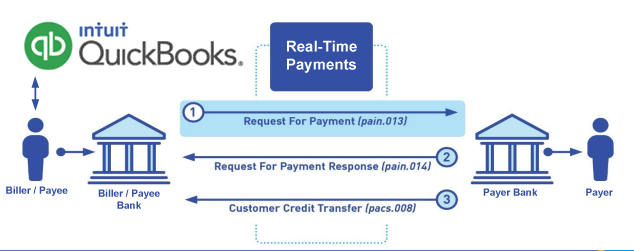
Call us, the .csv and or .xml Request for Payment (RfP) file you need while on your 1st phone call! We guarantee our reports work to your Bank and Credit Union. We were years ahead of competitors recognizing the benefits of RequestForPayment.com. We are not a Bank. Our function as a role as an "Accounting System" in Open Banking with Real-Time Payments to work with Billers to create the Request for Payment to upload the Biller's Bank online platform. U.S. Companies need help to learn the RfP message delivering their bank. Today Payments' ISO 20022 Payment Initiation (PAIN .013) show how to implement Create Real-Time Payments Request for Payment File up front delivering message from the Creditor (Payee) to it's bank. Most banks (FIs) will deliver the message Import and Batch files for their company depositors for both FedNow and Real-Time Payments (RtP). Once uploaded correctly, the Creditor's (Payee's) bank continuing through a "Payment Hub", will be the RtP Hub will be The Clearing House, with messaging to the Debtor's (Payer's) bank.
Our in-house QuickBooks payments experts are standing ready to help you make an informed decision to move your company's payment processing forward.
Pricing with our Request For Payment Professionals
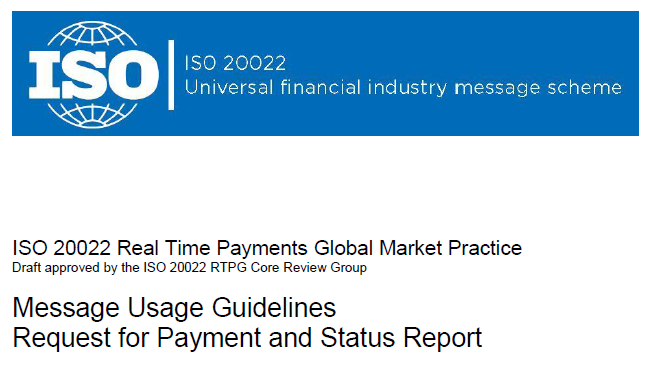
1) Free ISO 20022 Request for Payment File Formats, for FedNow and Real-Time Payments (The Clearing House) .pdf for you manually create "Mandatory" (Mandatory data for completed file) fields, start at page 4, with "yellow" highlighting. $0.0 + No Support
2) We create .csv or .xml formatting using your Bank or Credit Union. Create Multiple Templates. Payer/Customer Routing Transit and Deposit Account Number may be required to import with your bank. You can upload or "key data" into our software for File Creation of "Mandatory" general file.
Fees = $57 monthly, including Support Fees and Batch Fee, Monthly Fee, User Fee, Additional Payment Method on "Hosted Payment Page" (Request for file with an HTML link per transaction to "Hosted Payment Page" with ancillary payment methods of FedNow, RTP, ACH, Cards and many more!) + $.03 per Transaction + 1% percentage on gross dollar file,
3) Payer Routing Transit and Deposit Account Number is NOT required to import with your bank. We add your URI for each separate Payer transaction.
Fees Above 2) plus $29 monthly additional QuickBooks Online "QBO" formatting, and "Hosted Payment Page" and WYSIWYG
4) Above 3) plus Create "Total" (over 600 Mandatory, Conditional & Optional fields of all ISO 20022 Pain .013) Price on quote.
